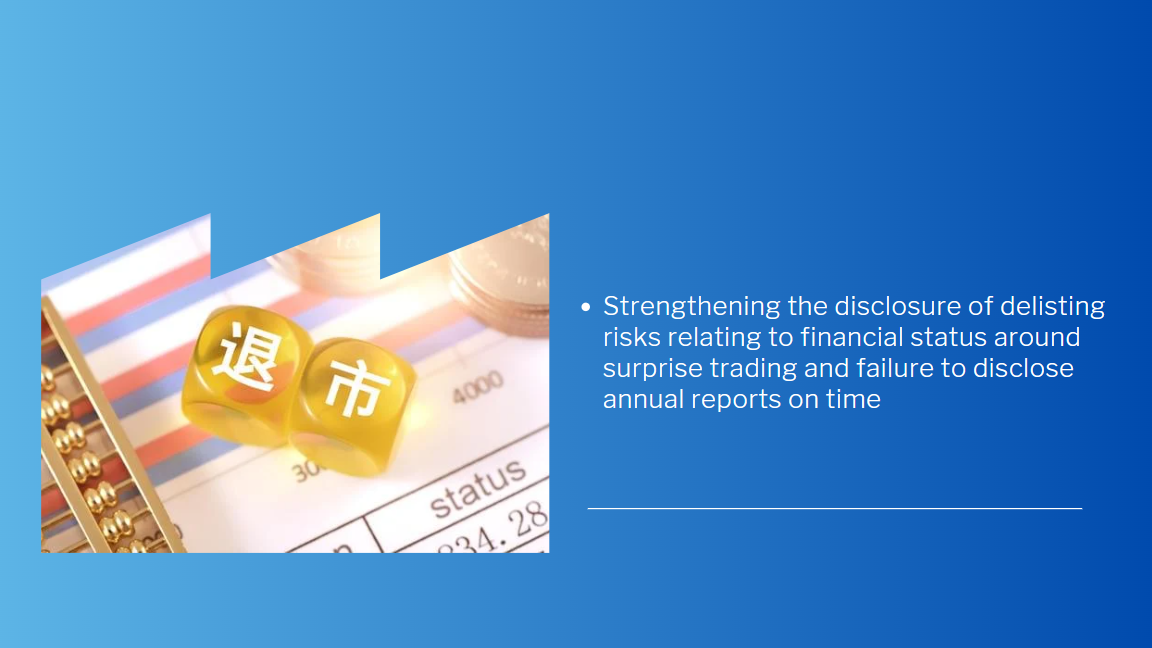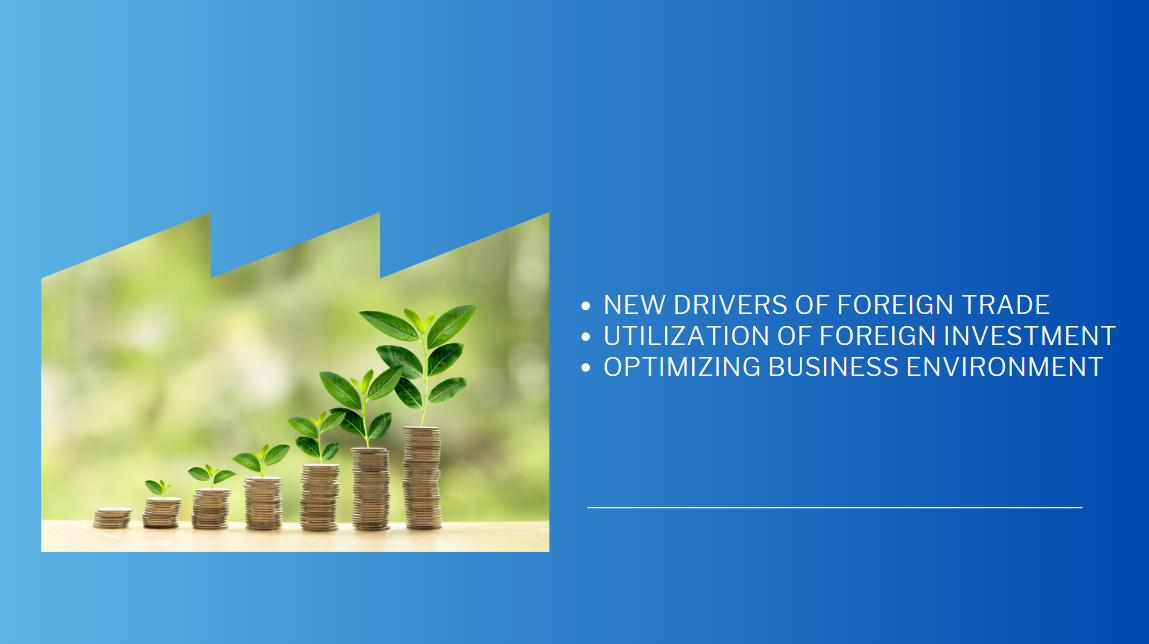Erik Thedéen: Lessons from a turbulent period
Accompanying slides to the speech
The world has experienced an unusually turbulent period in recent years. It started with the pandemic, which was, of course, primarily a public health problem and a medical challenge but which also had extensive global economic consequences. Then, as the world began to recover from the pandemic which also had worldwide economic repercussions – in addition to the human suffering and geopolitical turmoil it has caused. Tragically, a war has also flared up between Israel and Hamas, further fuelling geopolitical unrest and causing a humanitarian crisis. How this will unfold and what the ultimate consequences will be is currently unclear but it can hardly be ruled out that this too will have an impact on the world economy in one way or another.
Today, I will start by looking at the turbulence of the last few years and what I, as a monetary policy maker, think we have learnt from it. So far, I might add, we are not yet back to a situation that can be described as normal. I will then comment on the monetary policy debate that follows from the view that the Riksbank has gone too far with the policy rate, as it is believed that the high inflation is due to factors that monetary policy cannot do anything about. I will explain why I do not draw the same conclusion.






















































First, please LoginComment After ~